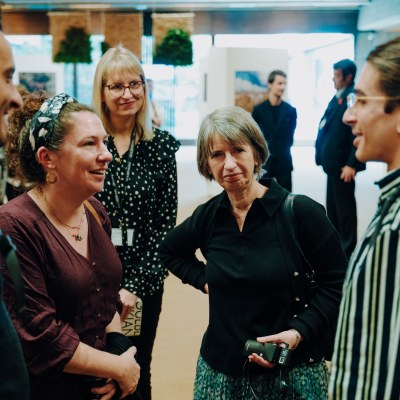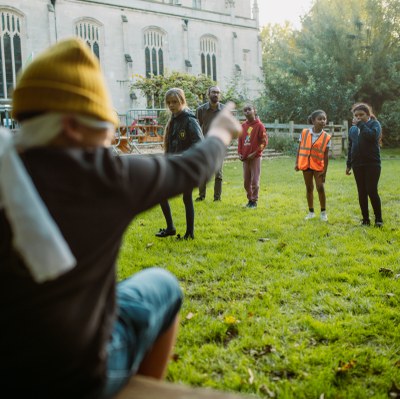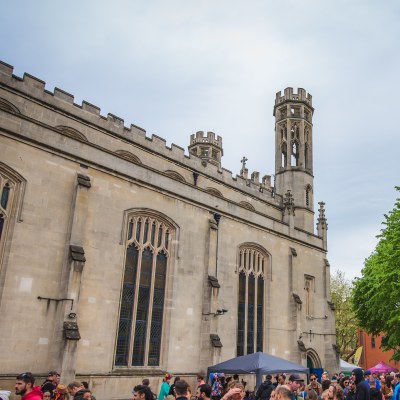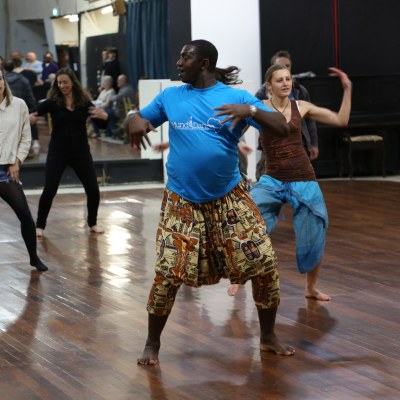Opinion: The preservation paradox: sell now, pay later
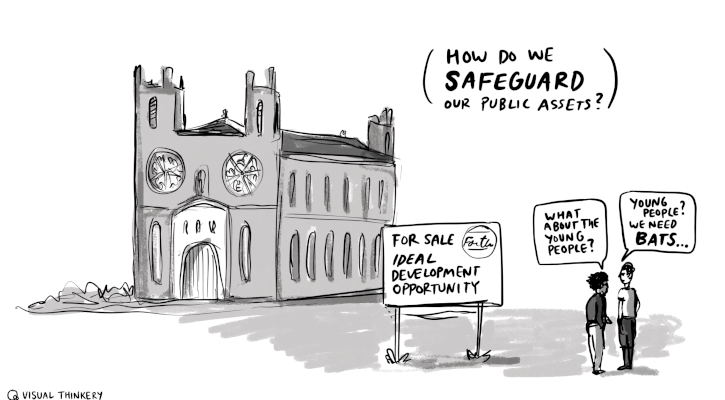
Image credit: Visual Thinkery
This issue of our built environment and who shapes it is a local affair. Aside from exceptions such as the nefarious demolition of The Crooked House pub, campaigns rarely make national news. Headlines of collapsing schools, public sector strikes and unrelenting cost of living and housing crises can make preservation of our heritage and civic realm appear out of touch and NIMBYist.
"Amidst the minefield of regulations, funding shortfalls, and bureaucratic complexities, the neglect of our shared spaces carries profound implications for generations to come. We must move beyond a meritocracy model and the need to balance our short-term fiscal needs to take a duty of care over the long-term reimagining of a shared civic canvas on which to build our collective future." Emma Harvey
Context is a cornerstone principle of the national planning framework, yet local authorities find the threat of an overturned decision and the resulting fines too risky at a time when 26 English councils risk of bankruptcy in the next two years [^1^]. Councils have powers to issue enforcement notices for urgent preservation or compulsory purchase of important, privately owned buildings. All too often though, it’s these same councils who are the reluctant custodians of our ageing social infrastructure.
We find ourselves trapped in an ongoing “estates rationalisation” exercise that deprives future generations of the shared spaces that shape the collective narratives of our communities. Research from the IPPR shows £15bn of publicly owned assets have been sold off since 2010. That’s 75,000 civic spaces, libraries, leisure centres, community halls and youth spaces lost. There is funding available to save them; £300 million DCMS Youth Investment Fund and £150 million DLUHC Community Ownership Fund. And yet it would appear only a fraction of these central government funds have been allocated.
These old, often listed, almost always complex buildings are in desperate need of investment after decades of cuts that have de-prioritised preventative preservation. This leaves such projects to save these spaces with an inherent messiness that is just to risky amidst continued rising costs of essential services. Such conditions make it almost impossible for all but a few fortuitous groups to lever funds to save the spaces we love.
While new laws have appeared to protect statues in the wake of the Colston statue's toppling, this protection seems to favour a type of politicised heritage storytelling, rather than building connections through our shared past. Our heritage spaces are being co-opted by those looking to control the narrative as exemplified by the recent case of the Restore Trust's bid to dominate the governance within the National Trust [^2^]. If those who control the present control the past and that past shapes our future, then the erosion of our stake and influence in shaping these narratives poses significant threat, especially if we continue to lose the spaces that allow us to make these stories our own.
The idea that we can only fix the roof whilst the sun is shining risks leaving us with no roofs at all under which to learn how to swim, to dance, to read, to make memories, connections and shared solutions to the problems facing us all. After a decade plus of political storms the ability to define heritage, own space and determine which assets should be preserved feels like a luxury. Distracted with the immediacy of our collective woes, the agendas of all but a few will define who we become.
Amidst the minefield of regulations, funding shortfalls, and bureaucratic complexities, the neglect of our shared spaces carries profound implications for generations to come. We must move beyond a meritocracy model and the need to balance our short-term fiscal needs to take a duty of care over the long-term reimagining of a shared civic canvas on which to build our collective future. Cost-saving solutions that fail to think beyond the current political cycle means we pay in perpetuity. Somewhere, in some form, we always pay.
Emma Harvey, CEO
About this article
Trinity are committed to advocating for shared community and cultural spaces. We are members of Locality and are currently leading an appeal to restore Jacobs Wells Baths in Hotwells.
Read our 100 Beacons report that shines a light on the importance of – and understand the risks posed to – Bristol's community and cultural assets.
[^1^]: The Guardian: "At least 26 English councils at risk of bankruptcy in next two years"
[^2^]: The Guardian: “Vote no to the thinktank pod people trying to body-snatch the National Trust”




